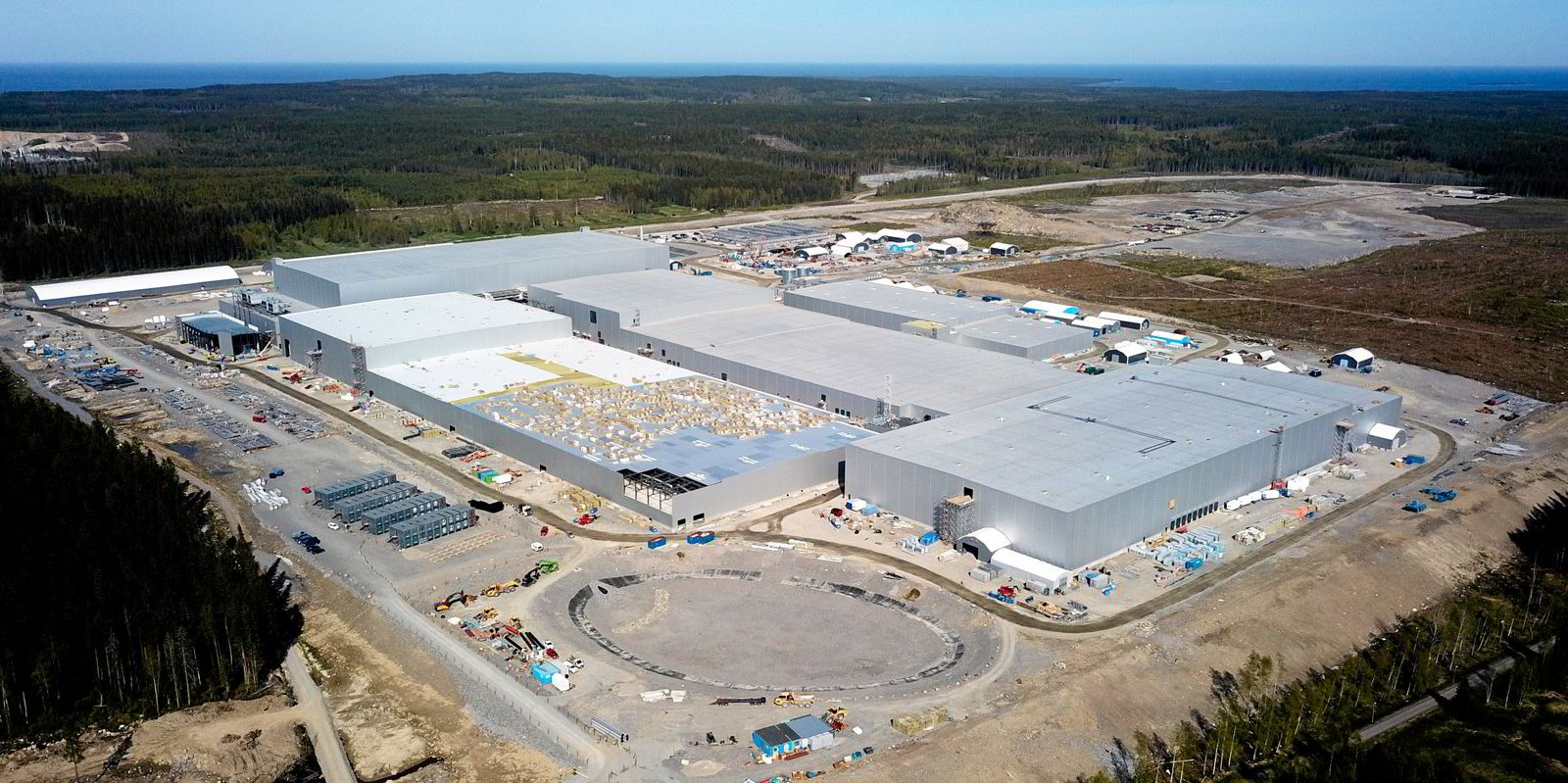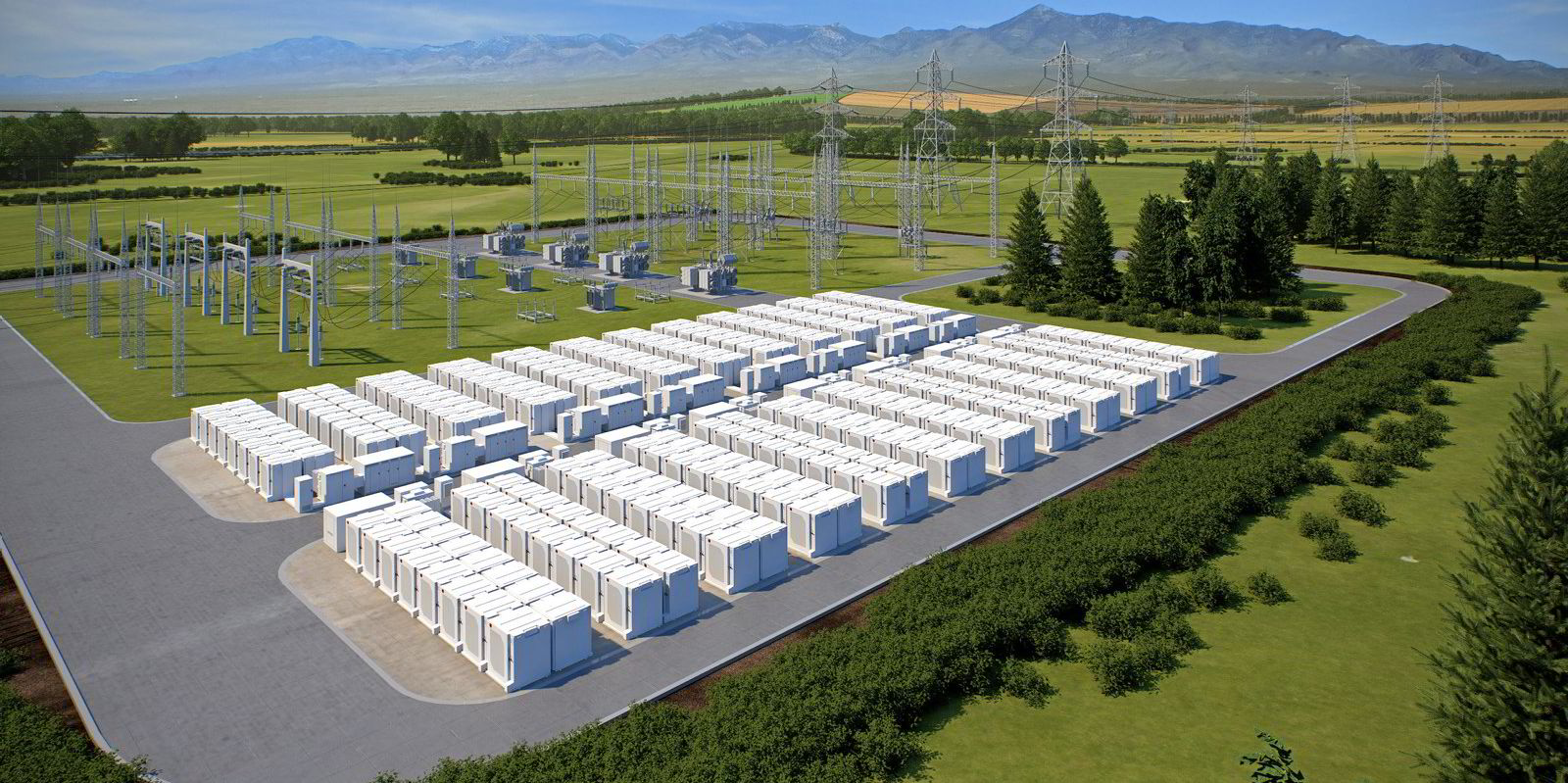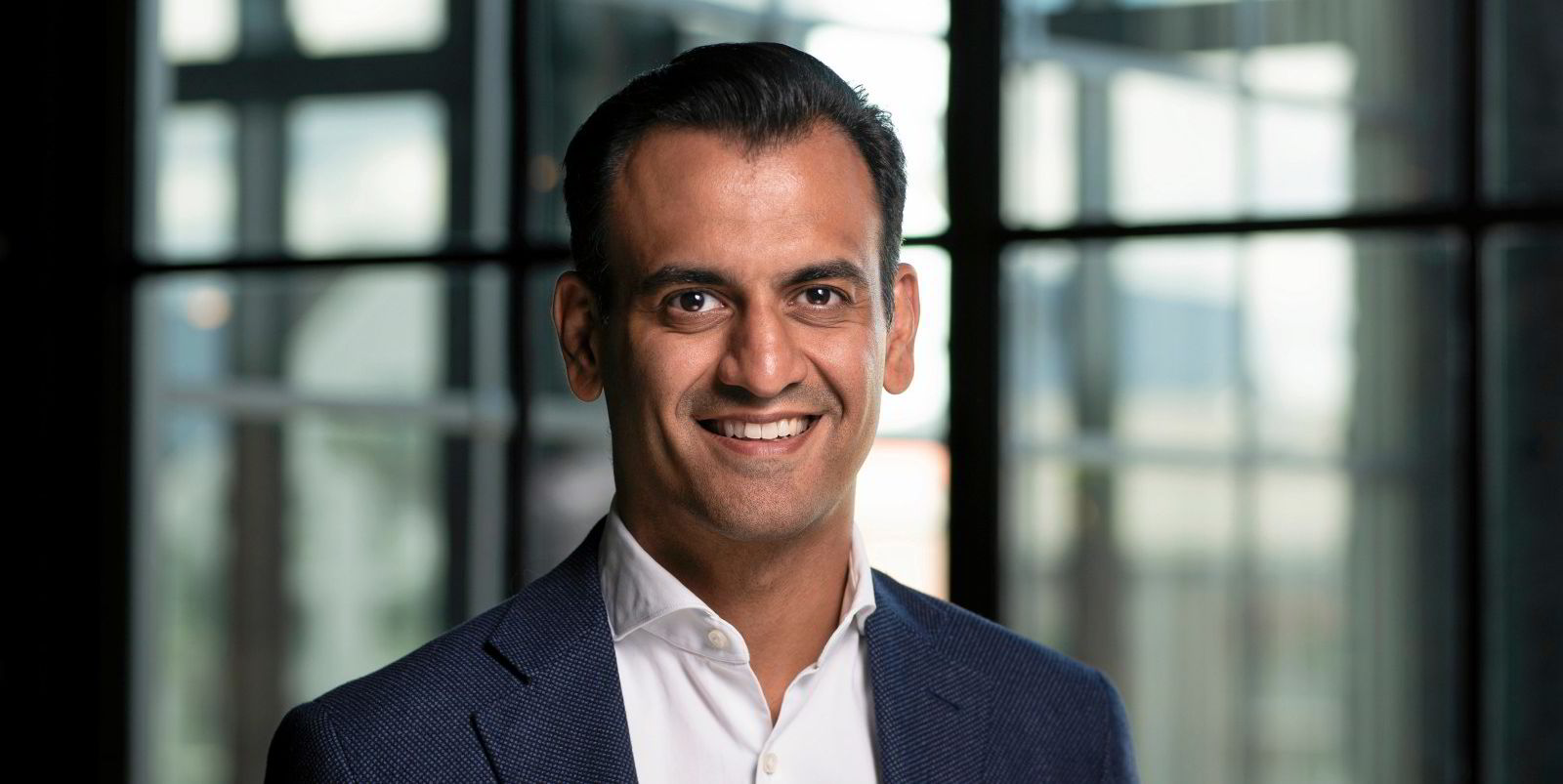Swedish battery cell and storage start-up Northvolt has raised $2.75bn in a private placement to further expand the capacity of its under-construction Swedish battery cell factory amid rising customer demand.
The company will expand the gigafactory in Skellefteå in northern Sweden to 60 gigawatt hours of annual production capacity, up from the already huge 40GWh that had been envisaged previously.
The plant is slated to start output later this year and can already count on a $14bn order by car making giant Volkswagen (VW). It also enjoys increased demand from key customers such as Fluence, BMW or Scania, and has wind turbine maker Vestas as industrial partner, as well as Siemens and ABB.
“We have been producing cells at our cell industrialisation facility, Northvolt Labs, for more than a year and are excited to now bring the knowledge and technology we have developed to the north and start large-scale production,” said chief executive Peter Carlsson.
Including the new private placement, Northvolt has now raised more than $6.5bn in equity and debt to enable its plan to expand up to and beyond 150GWh of annual production capacity in Europe by 2030.
The private placement is co-led by new investors Swedish pension funds AP 1-4, Omers Capital Markets, alongside existing investors Goldman Sachs Asset Management and VW.
VW said it is contributing $620m in the financing round, and thus will maintain a 20% stake in Northvolt.
"Batteries are one of the key success factors in our unprecedented electric offensive. In the major area of green battery cells, we are assuming a pioneering role in Germany and Europe together," said Thomas Schmall, CEO of Volkswagen Group Components.
The carmaker had already invested about €900m ($1.1bn) in Northvolt in 2019, and has a seat on the battery cell specialist's board of directors.
While soon supplying Europe’s booming e-vehicle industry and growing in the expanding energy storage market, Northvolt also is establishing recycling capabilities to make sure half of all its raw material requirements will be sourced from recycled batteries by 2030.
“We have a solid base of world-class investors and customers on-board who share Northvolt’s mission of building the world’s greenest battery to enable the European transition to renewable energy," Carlsson said.
In order to meet its ambitious 2030 capacity target, Northvolt plans to build at least two more gigafactories in Europe over the coming decade, and is actively exploring the possibility of building one of these in Germany, the core of the continent’s car manufacturing sector.
Rival Tesla is currently building a giant e-car factory near Berlin, where it will also for the first time produce its own battery cells. Tesla founder and billionaire Elon Musk is quoted in tech media reports as saying that battery production near Berlin could top 100GWh per year, and eventually even reach 200-250GWh, although he didn’t provide time frames for those ambitions.
Northvolt already had a joint-venture with VW for a second battery cell factory in Salzgitter, Germany, but earlier this year said it will sell its stake in it to the car manufacturer, which is itself scaling up its battery making capacities, aiming to establish itself as the world’s largest e-car producer.
VW said the annual battery cell production at Salzgitter is expected to reach 40GWh from 2025 on. Both the VW factory in Germany and Northvolt's plant in Sweden will use renewable energy sources.
VW is already considering possible locations for four further battery cell factories in Europe.
Bright outlook for e-vehicles
The outlook for electric vehicles is brighter than ever, BloombergNEF (BNEF) said in its latest Electric Vehicle Outlook today.
Assuming no additional policy measures (economic transition scenario), the report sees global sales of zero-emission cars rising from 4% of the market last year to 70% by 2040, with China, the US and Europe running far ahead of those numbers.
“The growth of electric transport is an amazing success story to date, and the future of the EV market is bright," said Colin McKerracher, head of the advanced transport team at BNEF.
"But there are still over 1.2bn combustion cars on the road and the fleet turns over slowly. Reaching net zero by mid-century will require all hands on deck, particularly for trucks and other heavy commercial vehicles where the transition has barely started.”
Electric vehicles represent a $7 trillion global market opportunity by 2030, and $46 trillion by 2050 under the economic transition scenario.
The electricity used to charge e-cars on the road would add 9% to global demand by 2040, most of which BNEF expects to be met by building additional renewable energy capacity.
Lithium-ion battery demand from EVs is set to rise from a current 269GWh to 2.6 terawatt-hours per year by 2030 and 4.5TWh by 2035 - likely good news for Northvolt and Tesla.
UPDATES with details on VW, figures from BNEF report on electric vehicles




